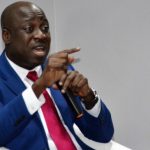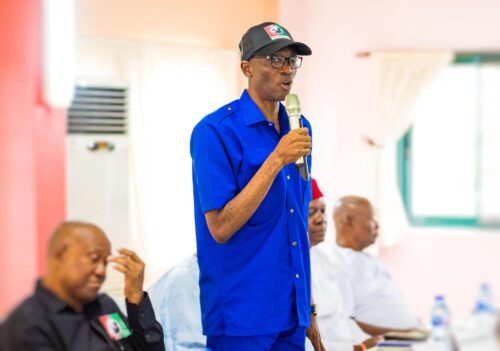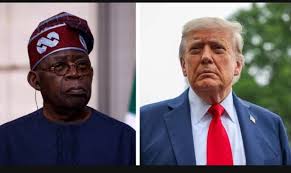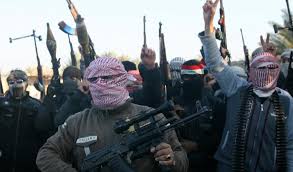NSCIA rejects US ‘country of concern’ label, says Nigeria’s conflict not religious

The Nigerian Supreme Council for Islamic Affairs (NSCIA) has rejected the redesignation of Nigeria as a country of particular concern (CPC) by United States President Donald Trump, describing the decision as politically motivated and detached from the realities on the ground.
At a press conference in Abuja on Sunday, Ishaq Oloyede, secretary-general of the NSCIA, said Nigeria’s security challenges are “multidimensional” but not rooted in religion.
“We have not been emphasising the killing of Muslims, not because we are unaware that Muslims are being killed, but because we do not view what is going on as a religious war, but as a national security issue,” Oloyede said.
He argued that President Trump’s action reflected “political cynicism” rather than concern for human rights, noting that the violence in Nigeria stems from “poor governance, climate stress, and criminality — not religion.”
The NSCIA accused what it called “Islamophobic and unpatriotic groups” in the US of spreading false narratives that portray Nigeria as a country enabling Christian persecution.
“It is very unfortunate that the President of the United States labelled our country in such disgraceful terms. Nigeria deserves collaboration and support, not the use of derogatory language from a supposed partner,” he added.
Oloyede said the US designation appeared to be a “pretext to destabilise Nigeria,” insisting that both Muslims and Christians are victims of widespread insecurity.
Citing data from organisations such as Amnesty International, he said terrorist groups like ISWAP and Boko Haram “kill indiscriminately — they attack mosques and churches alike. These terrorists are not representatives of Islam; they are its enemies.”
The NSCIA also alleged that some US politicians and Nigerian separatists were exploiting the crisis for “political and financial gain.”
“There are foreign instigators who exploit this situation to energise their domestic evangelical base. Some Nigerians abroad also fabricate stories of persecution to obtain asylum and media visibility,” Oloyede said.
He further expressed disappointment with the Christian Association of Nigeria (CAN) for “amplifying falsehoods,” urging the federal government to strengthen protection for all citizens.
“Running to America or foreign lobbyists will not solve Nigeria’s problems. If Nigeria is again designated as a country of particular concern, all citizens will suffer — Muslims and Christians alike,” he said.
The council called on Trump to retract his statement and instead promote “genuine partnership through intelligence sharing and capacity development.”
“Partnership, not prejudice, is what Nigeria needs. We will not allow our country to be fragmented by a foreign agenda. Our unity as a nation will endure,” Oloyede said.










